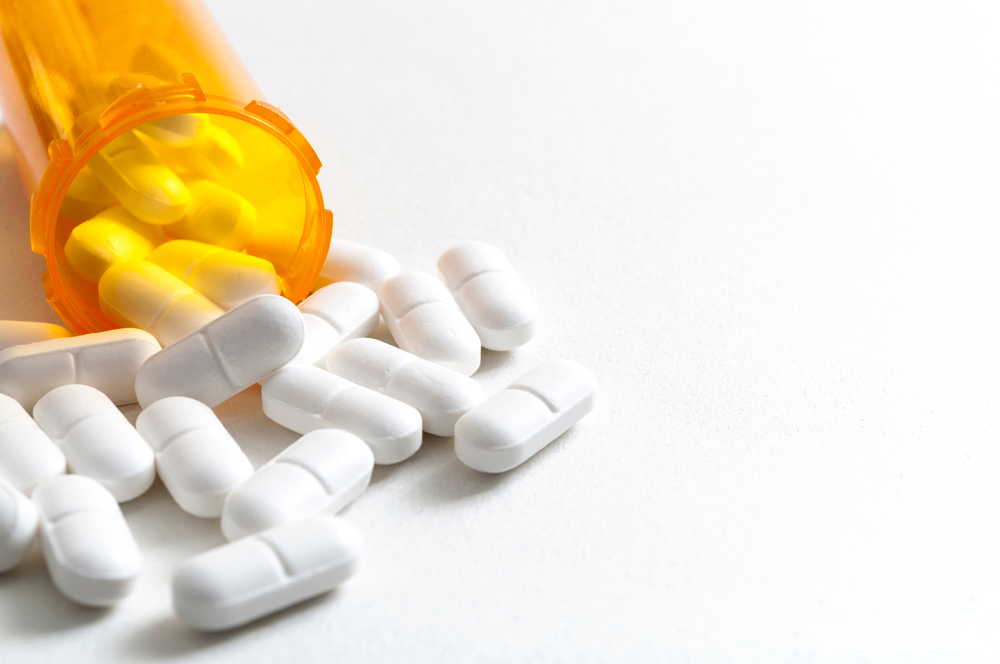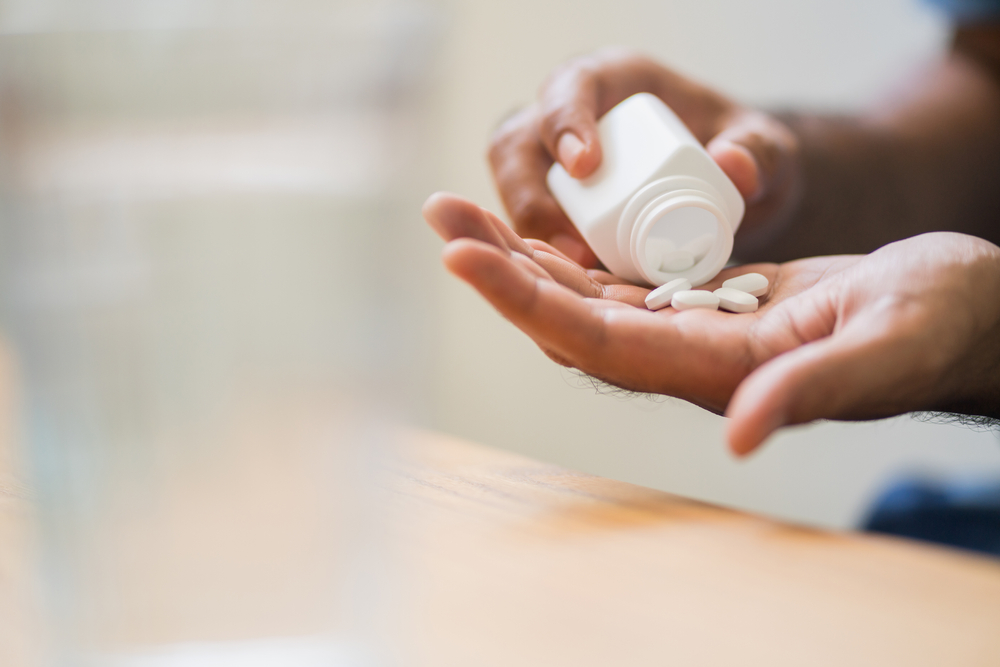Last Updated:
July 21st, 2025
Vicodin Rehab Treatment | What to Expect
What is Vicodin rehab?
Vicodin rehab is a structured, supportive treatment plan designed to help you break free from dependence on this prescription painkiller. A combination of hydrocodone and paracetamol, Vicodin is often prescribed after surgery or injury, and while it may start with legitimate use, it can quickly take hold in a way that’s hard to shake.
That’s because Vicodin doesn’t only numb physical pain; it also does a great job of softening emotional discomfort. Before long, you might find yourself taking it to get through the day, not realising how deeply it’s begun to change your relationship with yourself and your mind.
Rehab offers the space to face that honestly. With guidance through detox, therapy tailored to your needs and support that continues well after you leave, Vicodin rehab helps you step away from the cycle.

Do I really need treatment for Vicodin addiction?
It’s not always obvious when things have gone too far. Because Vicodin is prescribed by doctors, many people find themselves in a strange place: dependent but unsure if that word even applies. Maybe you’ve run out early before. Maybe you’ve kept your use quiet. Maybe you’ve noticed a shift in your mood when you miss a dose.
The truth is addiction doesn’t always look dramatic. It often builds quietly.
Some signs that Vicodin rehab could help include:
- Feeling anxious or low when you don’t take it
- Taking more than prescribed or more often than you used to
- Finding it hard to focus or sleep without it
- Worrying about running out
- Thinking about Vicodin more than you’d like to admit
If any of this sounds familiar, treatment could be your next step. Many people reach this point without ever intending to, but what matters now is what you decide to do about it.
What does Vicodin rehab involve?
At detox centres, Vicodin rehab is tailored to you. Every person who walks through the doors has their own reasons for using and their own fears about stopping. With this in mind, rehab centres make sure that no two care plans are the same, but they do make sure that every journey starts with understanding and that every stage is designed to help you move forward with support.
Assessment
Vicodin rehab programmes begin with a full assessment of your mental and physical health, medication history and life circumstances. This helps the team to get a clear picture of what you’ve been dealing with and what kind of support you need to feel safe, steady and seen.
From there, a personalised care plan is built and your treatment can officially begin..
Vicodin detox
Detox is often the first physical step. This is where your body begins adjusting to life without Vicodin. If you’ve been using it for a while, withdrawal can be uncomfortable and sometimes distressing, especially if you try to do it alone.
You may experience:
- Nausea, vomiting or diarrhoea
- Muscle aches or restlessness
- Chills, sweating and flu-like symptoms
- Anxiety, irritability or mood swings
- Insomnia and strong cravings
In a rehab setting, these symptoms are managed with care and attention. Healthcare professionals will taper your use safely, meaning the drug is slowly eliminated from your system. This can make the withdrawal symptoms a little more manageable and comfortable.
Vicodin detox isn’t easy, but the team is there to make sure it’s safe and that you don’t have to face it alone.
Therapy and rebuilding
Once your body begins to stabilise, therapy becomes the core of your treatment. This is where you start to understand what role Vicodin played in your life and how to rebuild in a way that doesn’t rely on it.
You’ll have access to:
- One-to-one counselling for personal, private reflection
- Group therapy, where shared experiences help reduce shame and isolation
- CBT and DBT to reframe negative thoughts and build healthier coping strategies
- Holistic therapies such as yoga, breathwork and creative expression to support emotional healing
This stage is never rushed. Whether you’re carrying trauma or years of quietly coping, therapy provides the time and tools to work through it in a way that feels manageable.
Aftercare
Leaving rehab doesn’t mean recovery is over. It’s just the next step. That’s why many addiction treatment programmes include a full year of free aftercare.
In aftercare, you’ll have access to weekly group sessions and continued support to keep you grounded. The team knows how important it is to feel connected once you’re back in your routine and the aftercare programme gives you a place to return to when things feel uncertain or you just need to talk.
If you could fast-forward 30 days…
We can understand how you’re feeling right now, and it’s probably not filled with a lot of optimism. The best thing you can do right now is plan for the person you want to meet up with in 30 days.
Let’s take a little look at what kind of person that might be:
It’s day 30 of your Vicodin rehab programme, and it’s been a rollercoaster of a journey. But let’s look at the positives:
You’re no longer checking the clock, planning your next dose or waking up with that dull weight in your chest that seems to follow you everywhere. Things feel quieter in both your mind and body. You’re starting to sleep through the night, and when you wake up, there’s a calmness that wasn’t there before. It’s not perfect, but it’s a long way from the panic and the hiding.
Inpatient rehab gives you space from the noise, the guilt, and the stress of pretending everything’s fine. You’re surrounded by people who understand what dependency really feels like and who won’t look at you with suspicion or pity. You have time to think, to talk, to let your body reset and your head catch up. You feel like you’re actually moving forward instead of just holding yourself together.
You’re still you but steadier, sharper, more able to see what life could look like without the constant pull of the drug. There’s more work to do, but what a difference 30 days can make.
If that sounds like a version of you worth meeting, we’re here when you’re ready.

Take the first step
There’s no shame in needing help. Vicodin addiction doesn’t always shout, but if it’s been whispering for a while, you’ve probably already sensed that something isn’t right. The important thing is that you’re here now, looking for answers.
At Addiction Helper, we’ll listen to your story. We talk you through your options and connect you with the right kind of support. Whether you’re ready to begin or just want to understand what’s involved, reach out to us today.
Our compassionate team are ready and available to take your call, and guide you towards lasting the lasting addiction recovery you deserve.

